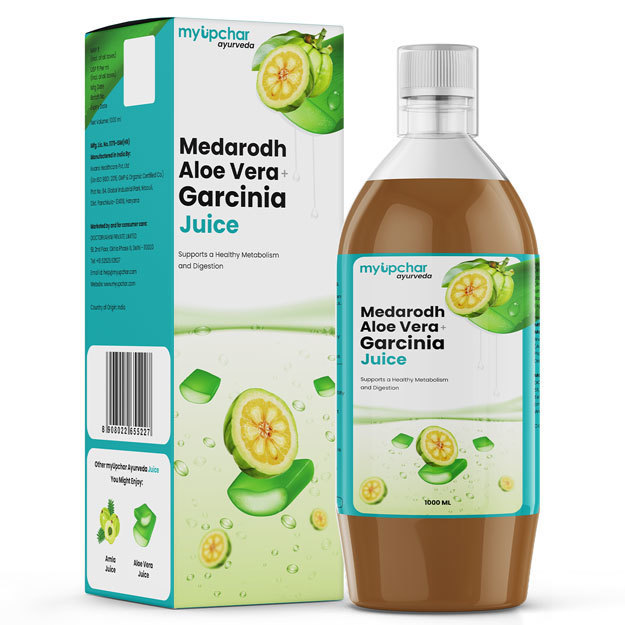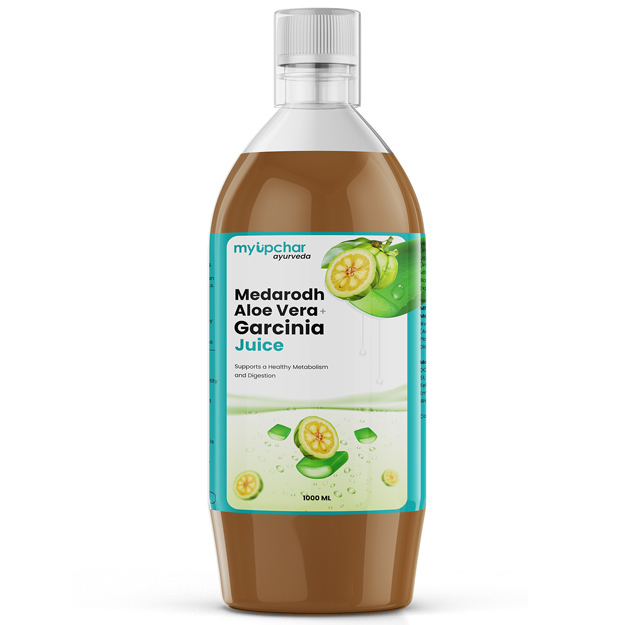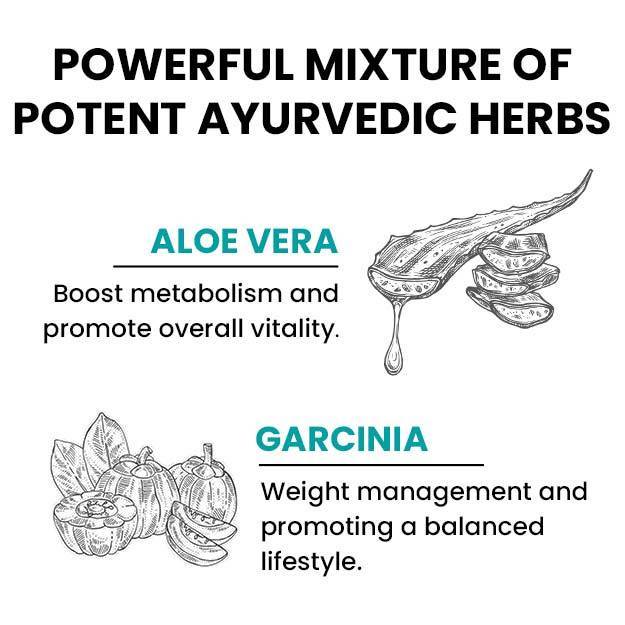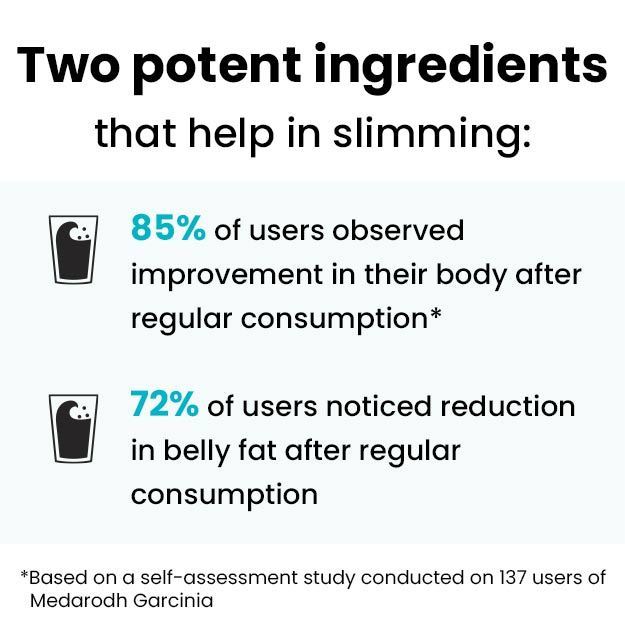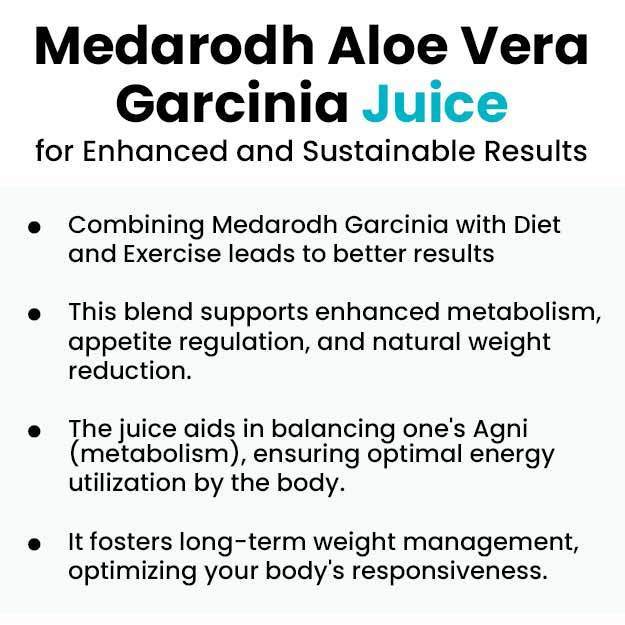Almonds are nutritional nuts packed in a tiny shell. Commonly known by the Indian name badam, almonds are edible seeds borne within the hard shell of almond fruits. The shape of an almond is usually oval with a pointed edge on one side. The seed is white in colour with a thin brown skin which can usually be peeled off when it is immersed in water for a few hours.
Almonds belong to the Rosaceae (rose) family, along with many other tree fruits such as peaches, apples, pears, plums, cherries and apricots. They are believed to have originated in Central Asia and China. Currently, the United States is the largest producer of almonds, followed by Spain and Iran. In India, the two largest almond producing states are Jammu & Kashmir and Himachal Pradesh.
Although most people prefer to eat almonds raw, it can be used in different kinds of dishes. In the Middle East, almonds are used to make sweets and snacks and are even added to coffee. They are used in a wide variety of products such as cakes, cookies, nougat, candies, snack bars as well as toppings on desserts. Almonds are also used to make almond butter, almond milk and almond oil.
Almonds are considered to have many health benefits. They are rich in protein, minerals, vitamins and fibres. Almonds lower cholesterol levels and it can help prevent cardiovascular problems and cancer. It can be an ideal choice of snack for patients with diabetes.
Some basic facts about Almonds:
- Scientific Name: Prunus dulcis
- Family: Rosaceae.
- Common Name: Almonds, Badam
- Native Region and Geographical Distribution: Almond is a tree native to southwestern Asia. Prunus dulcis is an economically important crop tree which is grown mainly in Mediterranean climates The U.S. produces nearly 70 percent of the world’s total production. More than 25 types of almonds are grown in California. Marcona and Valencia almonds come from Spain, and ferragnes almonds are imported from Greece. The almond tree is also grown in the Middle East, the Indian subcontinent and North Africa.
Almond nutrition facts
Almonds contain several nutrients that are beneficial for the body. These nuts are rich in proteins, fibre and healthy fats. Almonds are also a rich source of minerals such as calcium, magnesium, potassium and phosphorus.
As per the USDA Nutrient Database, 100 g of almonds contains the following nutrients:
| Nutrients | Value 100 g |
| Energy | 571 kcal |
| Protein | 21.43 g |
| Carbohydrate | 21.43 g |
| Fibre | 10.7 g |
| Sugars | 3.57 g |
| Fat | 50 g |
| Minerals | Value per 100 g |
| Calcium | 286 mg |
| Iron | 3.86 mg |
| Magnesium | 286 mg |
| Phosphorus | 536 mg |
| Potassium | 714 mg |
| Copper | 1.07 mg |
| Manganese | 2 mg |
| Vitamins | Value per 100 g |
| Vitamin B2 | 0.911 mg |
| Fats/Fatty acids | Value per 100 g |
| Saturated | 3.57 g |
| Monounsaturated | 32.14 g |
| Polyunsaturated | 12.5 g |
(Read more: Vitamin B benefits)
Health benefits of almonds
Almonds are a storehouse of nutrients and minerals which are very useful for maintaining optimal health. Let us explore some of the scientifically proven health benefits of almonds:
- For brain: The most recognised benefits of almonds are on the brain. While improving brain function, almonds also help in improving cognition and memory while also reducing your risk of Parkinson’s and Alzheimer’s and preventing amnesia.
- For weight loss: Eating almonds every day can assist in weight loss, reduction of waist cirumference and prevention of obesity. It also helped in improving digestive health and function by improving gut health due to immediate prebiotic health.
- For cholesterol: Almonds help to reduce LDL (low-density lipoprotein) cholesterol levels and at the same time, they raise HDL (high-density lipoprotein) levels, which is a good type of cholesterol.
- For bones: Consumption of almonds helps to improve bone mass and density improving bone health.
- For diabetes: Almonds are good for individuals affected with diabetes since they help in proper glycemic control and reduction of blood sugar levels after a meal. It even helped to reduce oxidative stress and inflammation in those with diabetes.
- For cancer: Almonds have protective effects on several types of cancer including breast cancer, prostate cancer, rectal cancer and cancer of the colon when consumed regularly.
Almonds reduce cholesterol
Cholesterol is needed for various body functions. However, there are two types of cholesterol - low-density lipoprotein (LDL) and high-density lipoprotein (HDL). While HDL is considered to be healthy (good cholesterol) an increase in LDL is directly associated with an increased risk of cardiovascular diseases. A clinical study done on 20 subjects, who had elevated levels of cholesterol, indicated that almond supplementation led to a decrease in the LDL level and total cholesterol (TC) levels. There was also an increase in good cholesterol (HDL) levels.
Another study revealed that almonds increase the level of HDL along with stimulating the release of LDL (bad cholesterol) out of the body. Although the exact mechanism behind the cholesterol-lowering effects of almonds is unknown, these results suggest that almonds are an excellent hypocholesterolemic (reduces cholesterol) and are thus helpful in reducing the risk of cardiovascular diseases.
(Read more: High cholesterol treatment)
Almond prevents cancer
Several studies indicate that almonds and other nuts can have protective effects against different types of cancer such as prostate cancer, breast cancer, colon and rectum cancer. Regular consumption of nuts has also been linked to a decrease in cancer mortality. This is because almonds contain antioxidant and anti-inflammatory properties that can help prevent the growth and spreading of cancer cells. Furthermore, alpha-tocopherol has been found to be one of the chemoprotective compounds in almonds.
However, more studies are still needed to confirm the chemoprotective and anti-cancer properties of almonds.
Almonds benefits for brain
As we age, our brain goes through a series of changes. An ageing brain is prone to loss of cognition and memory loss. According to research, almonds can not only prevent memory loss but also it is effective in reducing the risk of neurodegenerative diseases such as Parkinson’s and Alzheimer’s. Almonds contain compounds such as polyphenols, tocopherol, vitamin B9 and unsaturated fatty acids. These components can either delay or prevent age-related brain disorders.
A preclinical study indicated that administration of almond prevented amnesia. A chemical called acetylcholine present in almonds also led to an increase in memory power. Further, the flavonoids present in almonds get easily absorbed by the brain These flavonoids show neuroprotective effects.
(Read more: How to improve brain power)
Almonds for digestion
Prebiotics are compounds that induce the growth of good bacteria in your stomach. These bacteria play an important role in maintaining gut health and also provide some digestive enzymes which are not produced by our body. Research suggests that almonds and almond skin have prebiotic effects because of the presence of dietary fibres and other bioactive components.
A clinical study done on the faecal samples from 48 subjects showed that there was an increase in the population of good bacteria such as Bifidobacterium and a reduction in the number of harmful bacteria upon regular almond consumption. There was also a change in the activity of digestive enzyme secreted by these bacteria which helped mediate a prebiotic effect.
(Read more: How to improve digestion)
Almonds for diabetes
Type 2 diabetes is a condition where the body is unable to properly use insulin leading to increased blood sugar levels. Almonds may be an ideal snacking option for people with Type 2 diabetes. A study was done to evaluate the effectiveness of almonds on type 2 diabetes patients for a period of 24 weeks. Significant glycemic control (reduced blood sugar) was noted in all subjects. However, it wasn’t due to increased insulin sensitivity. The study concluded that almonds may be effective in glycemic control (blood sugar levels) by the proper management of insulin in the body instead of effecting insulin sensitivity.
A clinical study on 14 adults indicated that almonds reduced the blood glucose level after a meal and provided a feeling of fullness for a longer duration. This could be attributed to the presence of fatty acids in almonds. Nonetheless, almonds seem to a have some therapeutic potential in diabetes management.
Almonds as an anti-inflammatory
Several studies indicate that nuts such as almonds and walnuts have anti-inflammatory properties. This could be because of the presence of unsaturated fatty acids, antioxidants, dietary fibres and minerals such as magnesium. Studies indicate that regular consumption of nuts lead to a decrease in the levels of certain inflammatory cytokines which in turn reduce inflammation symptoms.
Oxidative stress is a condition caused due to an imbalance between the harmful free radicals (singlet oxygen) and antioxidants that act to defend the body against these free radicals. According to research, prolonged oxidative stress can lead to chronic inflammation that makes our body prone to various diseases.
A clinical study revealed that almond consumption for a period of 12 weeks reduced inflammation and oxidative stress associated with type 2 diabetes.
(Read more: Inflammatory diseases symptoms)
Almonds for healthy bones
Osteoclasts are a type of cell that is responsible for bone resorption, a process through which the bone tissues are broken down. Studies reveal that almond consumption can help increase bone density and inhibit the formation of osteoclasts.
A clinical study on 14 adults demonstrated that consumption of 60 g of almonds reduced the formation of osteoclasts by 20% and the number of tartrate-resistant acid phosphatase (an osteoclast enzyme) cells by about 15%. These results indicate that almond supplemented diet may be helpful in improving bone health.
Almonds for weight loss
Obesity is caused due to an excessive accumulation of fat in the body. A clinical study on 65 overweight individuals demonstrated that a low-calorie diet containing almonds led to a significant weight loss along with a decrease in waist circumference. There was also a significant reduction in the level of LDL (bad cholesterol) and an increase in HDL (good cholesterol), both of which are underlying factors affecting body weight.
In a similar study done on 108 obese women who consumed 50 g of almonds every day, it was observed that almond intake led to a decrease in weight, waist circumference and LDL cholesterol.
(Read more: Diet chart for weight loss)
Are you also troubled by obesity and are not able to lose weight even after a lot of efforts, then start using myUpchar Ayurveda Medarodh Weight Control Tablet today and control your weight.
Almonds side effects
- Digestion problem
If you are consuming too many almonds, it can cause constipation, bloating and upset stomach because there is a lot of fibre content in almonds. - Vitamin overdose
100 grams (half a cup) of almonds contain 25 mg of vitamin E compared to our daily need of 15 mg. If you take too many almonds, you may develop diarrhoea, dizziness and vision changes. - Kidney stones
Almonds are rich in oxalate which can cause kidney stones. Oxalates prevent your body from absorbing calcium and cause a calcium-buildup in your kidneys instead. Thus, if you suffer from kidney stones, it’s best to lower your intake of almonds or avoid them completely.
Takeaway
Considering all the health benefits, there is no reason why one should not include almonds to their diet. A few almonds a day can give you all the essential minerals and calories that your body needs. It can help protect your bones, prevent cardiovascular diseases and is an excellent anti-inflammatory and antioxidant. It can also help control diabetes. Considering all the health benefits, almonds can be an ideal choice of healthy snacks. A handful of almonds can satiate your hunger and keep you full for a good amount of time. But, moderation is always advisable as overconsumption of almonds can lead to stomach discomforts and kidney stones.
Medicines / Products that contain Almond
- Myupchar Ayurveda Badam Rogan Oil - ₹349
- Baidyanath Chyawan Fit Sugarfree - ₹404
- Baidyanath Supari Pak 100gm - ₹103
- Bold Care DHT Blocker - Anti Hairfall Shampoo - ₹449
- Baidyanath Badam Pak 50gm - ₹175
- Baidyanath Badam Pak 100gm - ₹311
- Baidyanath Kesari Kalp Royal Chyawanprash 500gm - ₹399
- Baidyanath Kesari Kalp Royal Chyawanprash 1kg - ₹592
- Himalaya Almond & Rose Soap 125gm - ₹55
- Dabur Badam Oil 100ml - ₹382
- Deemark Tiger Till Oil - ₹130
- Cipzer Cobra Tila 10 ml - ₹2789
- Baidyanath Rogan Badam Oil 100ml - ₹361
- Sadhana Badam pak 100 GM - ₹180
- Neemli Naturals Rosemary & Jojoba Oil Hair Oil - ₹1150
- Herbal Canada Supari Pak - ₹85
- Upakarma Ayurveda Badam Rogan Oil - ₹449
- Baidyanath Nagpur Badam Pak - ₹280
- Patanjali Amrit Rasayan 1kg - ₹266
- Baidyanath Nagpur Chyawan Fit Sugar Free 500gm - ₹191
- Zeroblend Badam Roghan Oil 500ml - ₹1919
- Baidyanath Nagpur Rogan Badam Shirin - ₹89
- Cipzer Laooq Badam 125 gm - ₹449
- Herbal Canada Rogan Badam Shirin 30ML - ₹94
- Herbal Canada Rogan Badam Shirin 50ML - ₹170
- Cipzer Itrifal-E-Deedan 125 gm - ₹449
- Vedobi Under Eye Roll On For Dark Circles, Wrinkles And Pigmentation Around Your Eyes Dark Circle Remover For Men And Women - ₹359
- Himalaya Winter Defense Moisturizing Cream 50ml - ₹85
- Cipzer Majun Arad Khurma 125 gm - ₹449
- Moha Rejuvenating Massage Oil 100ml - ₹149
- Moha Nail Care Cream 100gm - ₹202
- Kairali Grapeseed & Almond Moisturizing Lotion - ₹335
- Moha Moisturizing Lotion 200ml - ₹267
- Dindayal Aushadhi Badam Pak - ₹550
- Himalaya Baby Lotion 200ml - ₹185
- Indulekha Hair Oil 100ml - ₹410
- Cipzer Brain Power Prash 400 gm - ₹449
- Himalaya Kajal - ₹129
- Dermadew Baby Soap - ₹170
- Himalaya Sparkling White Toothpaste - ₹90
- Himalaya Tentex Royal Capsule Pack of 3 - ₹720
- Cipzer Halwa-E-Salab 250 gm - ₹449
- Zeroblend Badam Roghan Oil 200ml - ₹875
- Baksons Honey and Almond Body Lotion - ₹102
- Sri Sri Tattva Almond Oil Capsule - ₹799
- Himalaya Diaper Rash Cream 20gm - ₹67
- Himalaya Tentex Royal Capsule (10) - ₹225
- Mamaearth Overnight Repair Night Cream 50ml - ₹599
- Himalaya Diaper Rash Cream 50gm - ₹123
- Baidyanath Supari Pak 250gm - ₹216
References
- United States Department of Agriculture Agricultural Research Service. Full Report (All Nutrients): 45279270, RAW ALMONDS. National Nutrient Database for Standard Reference Legacy Release [Internet]
- Bento AP, Cominetti C, Simões Filho A, Naves MM. Baru almond improves lipid profile in mildly hypercholesterolemic subjects: a randomized, controlled, crossover study. Nutr Metab Cardiovasc Dis. 2014 Dec;24(12):1330-6. PMID: 25149894
- Berryman CE, Fleming JA, Kris-Etherton PM. Inclusion of Almonds in a Cholesterol-Lowering Diet Improves Plasma HDL Subspecies and Cholesterol Efflux to Serum in Normal-Weight Individuals with Elevated LDL Cholesterol. J Nutr. 2017 Aug;147(8):1517-1523. PMID: 28615375
- Liu Z. Prebiotic effects of almonds and almond skins on intestinal microbiota in healthy adult humans. Anaerobe. 2014 Apr;26:1-6. PMID: 24315808
- Seema Gulati, Anoop Misra,Metab Syndr Relat Disord. 2017 Mar 1; 15(2): 98–105. PMID: 28051354 Ravindra M. Pandey. Effect of Almond Supplementation on Glycemia and Cardiovascular Risk Factors in Asian Indians in North India with Type 2 Diabetes Mellitus: A 24–Week Study.
- Mori AM, Considine RV, Mattes RD. Acute and second-meal effects of almond form in impaired glucose tolerant adults: a randomized crossover trial. Nutr Metab (Lond). 2011 Jan 28;8(1):6. PMID: 21276226
- Salas-Salvadó J, Casas-Agustench P, Murphy MM, López-Uriarte P, Bulló M. The effect of nuts on inflammation. Asia Pac J Clin Nutr. 2008;17 Suppl 1:333-6. PMID: 18296371
- Simone Reuter, Subash C. Gupta, Madan M. Chaturvedi, Bharat B. Aggarwal. Oxidative stress, inflammation, and cancer: How are they linked? Free Radic Biol Med. 2010 Dec 1; 49(11): 1603–1616. PMID: 20840865
- Liu JF et al. The effect of almonds on inflammation and oxidative stress in Chinese patients with type 2 diabetes mellitus: a randomized crossover controlled feeding trial. Eur J Nutr. 2013 Apr;52(3):927-35. PMID: 22722891
- Batool Z et al. Repeated administration of almonds increases brain acetylcholine levels and enhances memory function in healthy rats while attenuates memory deficits in animal model of amnesia. Brain Res Bull. 2016 Jan;120:63-74. PMID: 26548495
- Wien MA, Sabaté JM, Iklé DN, Cole SE, Kandeel FR. Almonds vs complex carbohydrates in a weight reduction program. . Int J Obes Relat Metab Disord. 2003 Nov;27(11):1365-72. PMID: 14574348
- Abazarfard Z, Salehi M, Keshavarzi S. The effect of almonds on anthropometric measurements and lipid profile in overweight and obese females in a weight reduction program: A randomized controlled clinical trial. J Res Med Sci. 2014 May;19(5):457-64. PMID: 25097630
- Platt ID et al. Postprandial effects of almond consumption on human osteoclast precursors--an ex vivo study. Metabolism. 2011 Jul;60(7):923-9. PMID: 20947104
















